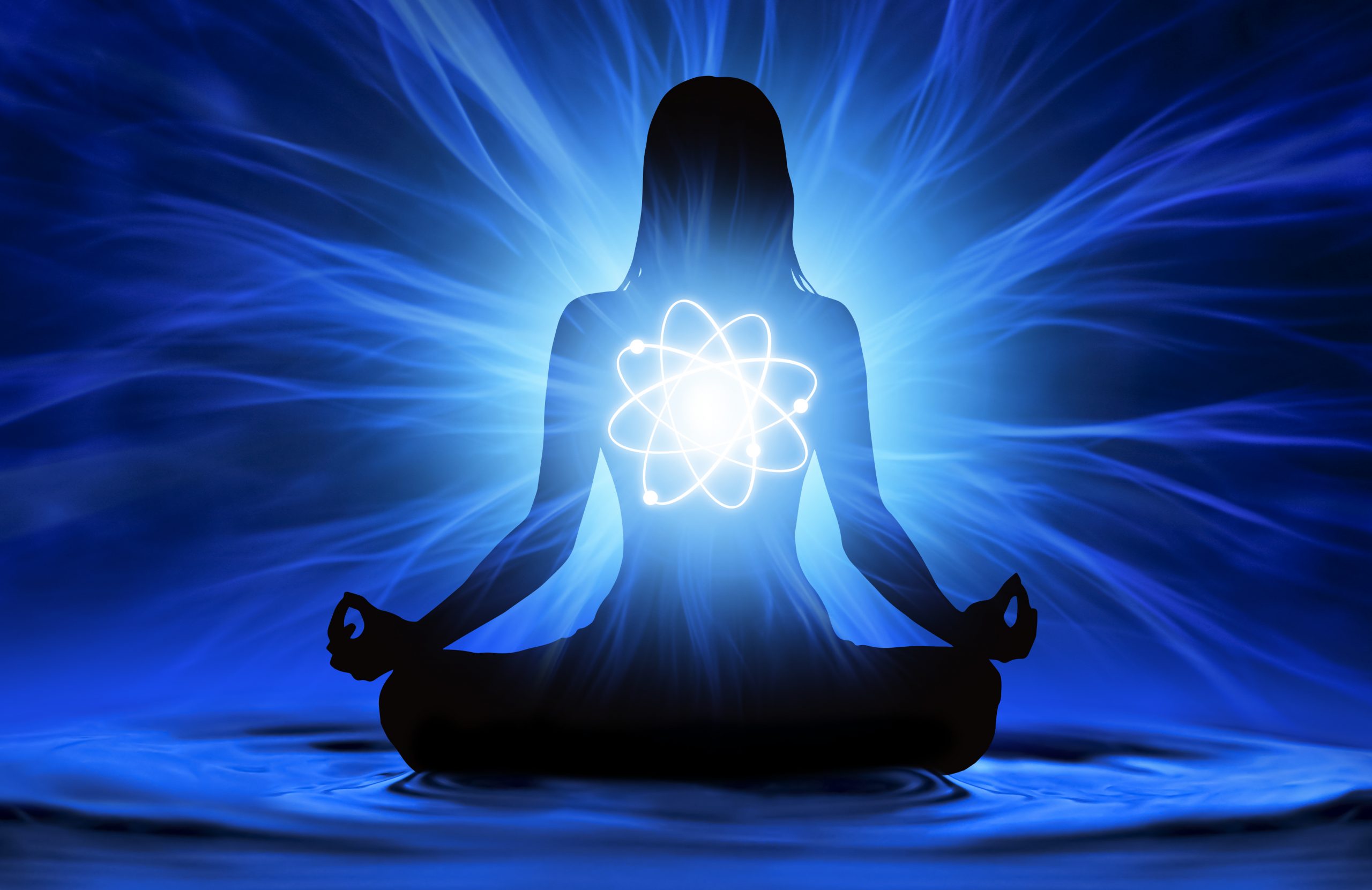“The Journey Within Hinduism’s Call to Personal Growth and Responsibility”
In the vast tapestry of Hinduism, one prevailing theme emerges – the emphasis on the journey. Unlike some belief systems fixated on a singular path, Hinduism embraces diversity, recognizing that each individual is on a unique journey toward self-discovery and enlightenment.
Hindu Philosophy
At the heart of Hindu philosophy lies the concept of “marga,” meaning path. Whether one chooses the path of devotion (bhakti), knowledge (jnana), selfless action (karma), or meditation (dhyana), Hinduism holds that the journey matters as much as the destination. This inclusive approach acknowledges that individuals have varied temperaments, and different paths resonate with different seekers.
The journey in Hinduism is not just a physical or external pilgrimage; it is an introspective voyage into the depths of one’s being. The sacred texts, including the Vedas and Upanishads, guide individuals on this inner expedition, encouraging them to explore the nature of reality, the self, and the divine.
Karma
The doctrine of karma reinforces the idea that every action contributes to the journey of self-improvement. The law of cause and effect suggests that our actions, whether positive or negative, shape our destinies. Hinduism, therefore, places the responsibility of personal growth squarely on the shoulders of the individual. By making conscious choices and acting in alignment with dharma, individuals pave the way for their spiritual evolution.
In Hinduism, the journey is not isolated from the world but intricately woven into the fabric of everyday life. The concept of dharma, often translated as righteous duty, underscores the importance of ethical conduct and responsible living. Each person is considered a trustee of cosmic order and is accountable for their actions. This sense of responsibility extends to the well-being of the community and the environment, emphasizing a holistic approach to self-improvement.
Reincarnation
Moreover, the idea of reincarnation and the cycle of birth and death (samsara) further accentuates the iterative nature of the journey. Life is viewed as a continuous opportunity for growth, learning, and spiritual refinement. Each birth is a chance to progress further on the path towards self-realization.
In a world where external validation often takes precedence, Hinduism nudges individuals to turn their gaze inward. The practice of meditation, self-reflection, and mindfulness are integral components of the journey within. By delving into the recesses of the mind, one can untangle the complexities of existence, gaining clarity and insight.
In conclusion, Hinduism’s emphasis on the journey, regardless of the chosen path, reflects a profound understanding of human nature. It invites individuals to embark on a transformative odyssey of self-discovery, urging them to take responsibility for their actions and contribute to the betterment of the world. As the seeker traverses the intricate web of life, Hinduism whispers the timeless truth that the journey is not just a means to an end; it is, in essence, the very fabric of a purposeful and conscious existence.
Related
